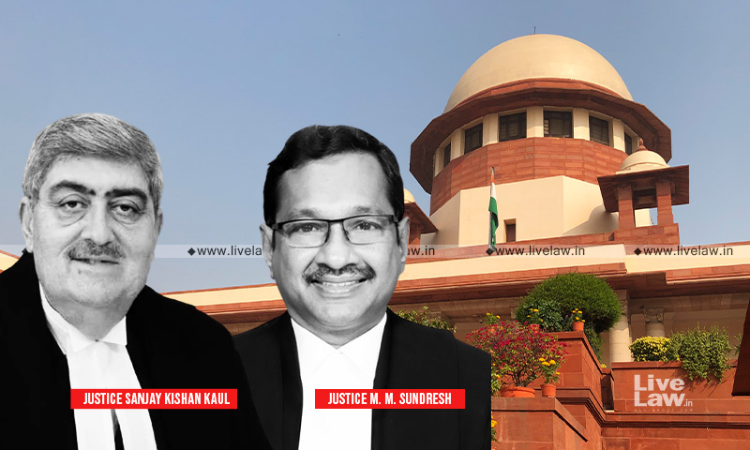The Supreme Court, in an order passed recently, called upon its Registry to examine the plea of a litigant based on 'right to be forgotten' and 'right of eraser'."We thus, call upon the Registry of the Supreme Court to examine the issue and to work out how the name of both the petitioner and respondent No.1 along with address details can be masked so that they do not appear visible for any...

